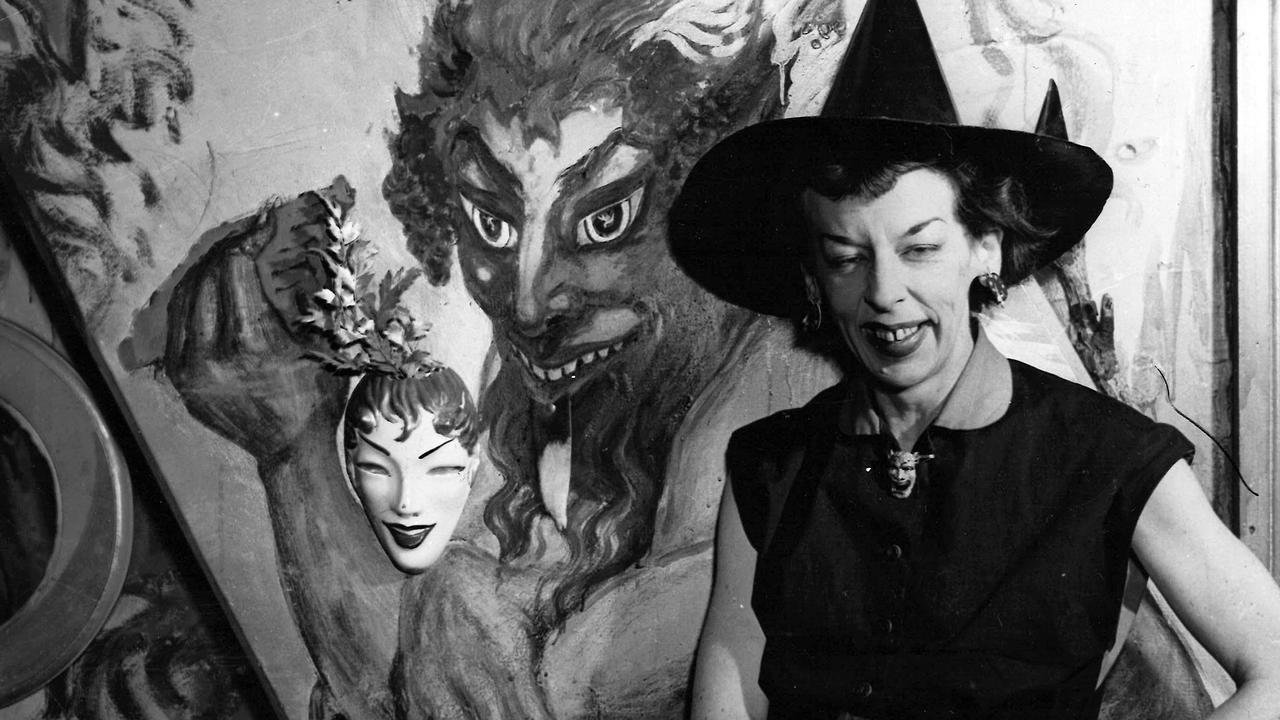Keith McCarthy and Gladys Baker pulled off rescue of 200 soldiers from PNG during World War II
When hundreds of WWII soldiers were stuck behind enemy lines, a wealthy widow and Aussie coastwatcher led a daring escape.
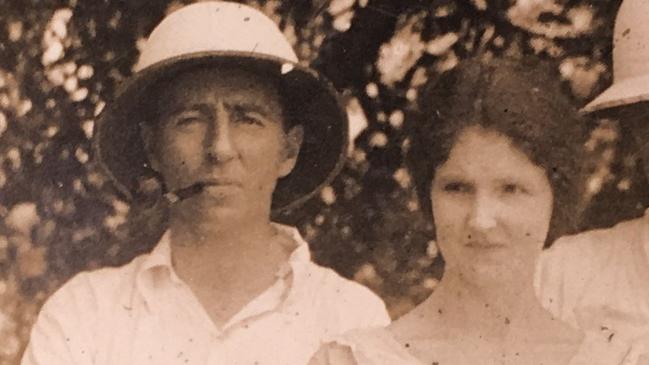
In Black and White
Don't miss out on the headlines from In Black and White. Followed categories will be added to My News.
They were an unlikely dynamic duo – a civilian keeping order in Papua New Guinea’s jungles and a wealthy plantation owner with a penchant for European haute couture.
But after Keith McCarthy and Gladys Baker met behind Japanese enemy lines, they pulled off one of the biggest and most daring rescues in Australian military history.
Their story is told in a new episode of the free In Black and White podcast on Australia’s forgotten characters:
It’s detailed in Michael Veitch’s latest military history book, Australia’s Secret Army, about the network of coastwatchers who safeguarded our country in World War II, with the invaluable help of countless native people.
Coastwatchers were civilians who originally weren’t paid a cent and received no military training.
But after the Japanese began invading territories to Australia’s north, their job transformed overnight from observers to spies behind enemy lines.
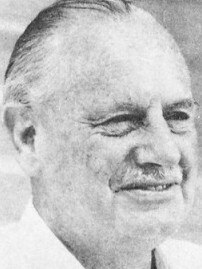
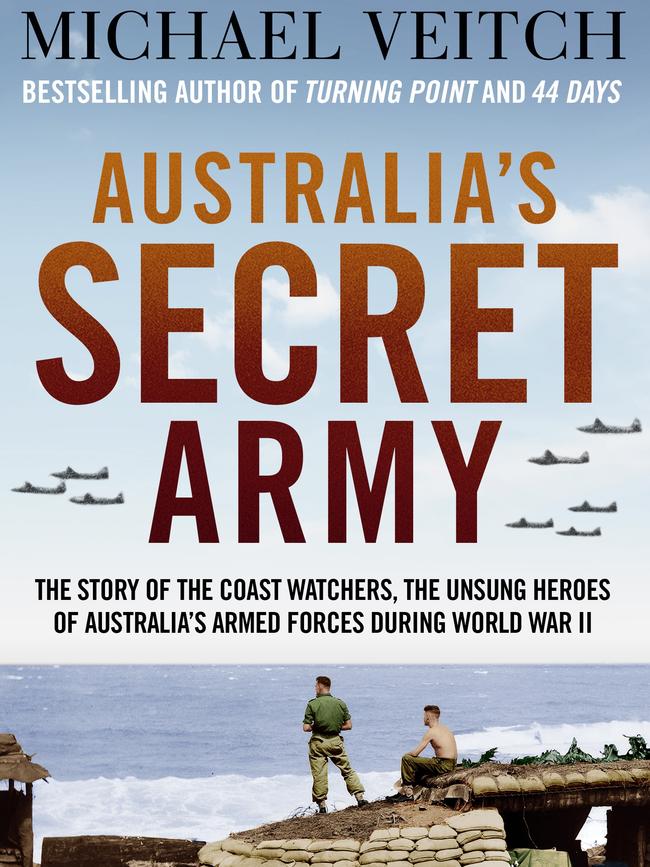
Veitch offers a grim statistic: out of 37 coastwatchers captured by the Japanese, all were executed.
In 1941, Australia sent Lark Force to New Britain in PNG, but they were powerless against a Japanese invasion months later.
McCarthy, a coastwatcher, was given the job of single-handedly rounding up survivors who had scattered into the jungle.
“It was a six-week ordeal of trying to find, retrieve and rescue hundreds of surrendered and distraught and panicked and very soon starving and emaciated Australian soldiers,” Veitch says.
McCarthy saved hundreds of exhausted men but the situation became dire, with no way out of occupied territory because Australia would not or could not mount a rescue mission.
“He was feeling completely checkmated, and said, ‘I don’t know what to do with these men, we’re living off the land as best we could, we’re living off the generosity of the native people but that’s not going to last forever,’ ” Veitch says.
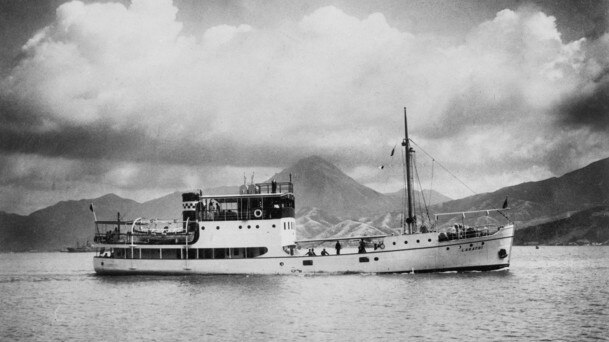
Then one morning, after the men had trekked for weeks to flee the Japanese, a small boat sailed up to the beach.
Off stepped a tall, elegant, middle-aged woman immaculately dressed in silk pants and a white blouse.
“Some thought they had literally died and this was an angel,” Veitch says.
Gladys Baker was an expert yachtswoman and former WWI nurse, who lived on nearby Witu Island, where she and husband Bill had established a thriving coconut plantation.
After Bill died in 1936, Gladys had carried on alone.
“The Lakatoi,” she told the astonished McCarthy, “is currently anchored at Witu, fully seaworthy and awaiting your departure.”
The pair, both originally from Melbourne, transported the men in the Lakatoi back to Cairns, with Gladys nursing the sick and wounded en route.
To learn more, listen to the interview with Michael Veitch in the In Black and White podcast on Apple Podcasts, Spotify or web.
See In Black & White in the Herald Sun newspaper Monday to Friday for more stories and photos from Victoria’s past.




